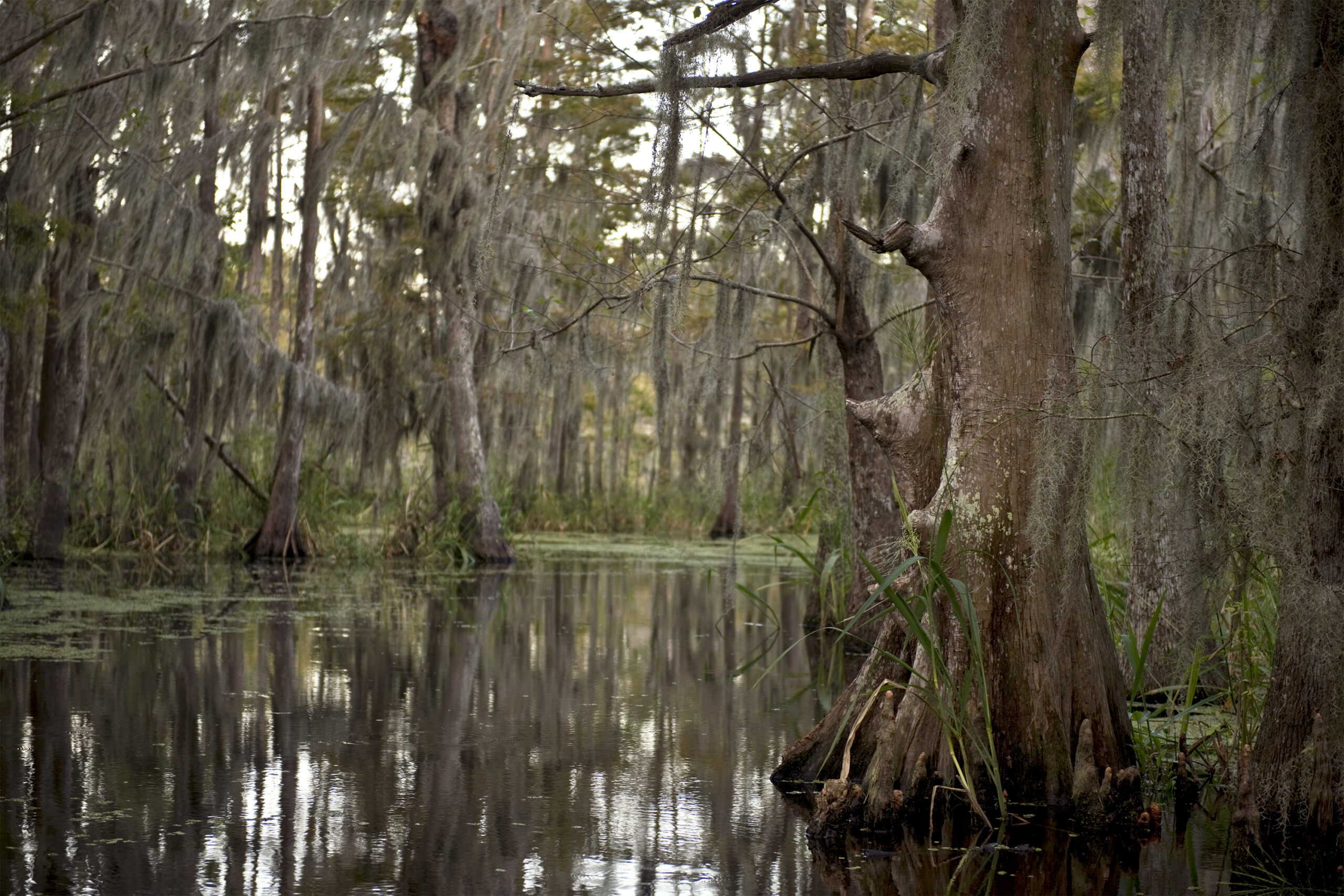

So, you want to be Crocodile Dundee but don’t know where to begin? Or maybe you’re just interested in seeing some semi-risky animals in person, except switch out the crocodiles for alligators while we’re at it. We call that a New Orleans Bayou Tour baby with gators galore and when someone says where they at? We take you directly to them (at a safe distance of course).
If you’re unfamiliar with these scaly creatures don’t worry, you are not the first to have concerns or questions, but we have all the answers for your gator inquiry.
You’re not going to find these critters scallywagging around your house unless you put them there, they are, however, native to the southeastern United States, where some mishaps can potentially happen when the comfort of human habitats becomes the alligators’ too, but these incidences are so slim, we could count the times on one hand. Alligators are, however, found commonly in rivers, lakes, and swamps. You can easily spit them during a New Orleans Bayou Tour if weather conditions allow. Gators are similar to humans in that they are all about freshwater. If you find yourself in a slow-moving river, lake, or marsh, you have a pretty big chance of spotting a gator. In what states can these cool guys and gals be seen? All along the coastal wetlands, ranging from North Carolina to Eastern Texas.
Alligators are carnivores, meaning they are the kind of toddler that will not be touching their vegetables but if it’s meat, let ‘em eat. Gators can be described as “opportunistic” eaters, these bad boys are predatory, so probably best to keep your distance from a hungry one. Although the imagery of a large predator can be a bit scary when they’re known for eating solely meat their main diet consists of fish, snails, and invertebrates, not humans. Adult gators may eat larger mammals though, like boar and deer. Gators also consume frogs and even turtles due to their strong jaws being able to crack their turtle shell. When the gators are young chaps their diet tends to consist mainly of insects, tadpoles, and crustaceans. Ultimately an alligator’s diet mainly depends on their size and merely what’s available.
There are roughly two million alligators throughout the state of Louisiana. The American alligator is the most prominent type. The American gator has an average lifespan of 35 to 50 years and can grow 10 to 15 feet. The average weight of an alligator is quite large, usually at least twice the size of an average human. It may come as a surprise considering the amount of gators basting in the southern sun that the American gator once faced extinction, but thanks to legal protection they are no longer on that list. The American alligator is not partial to just one home, they can also be found along Florida. So, if you miss one here you’re sure to see them in the Sunshine State.
If you’ve ever considered outrunning a gator, let’s just say try to avoid that scenario at all costs. If you do happen to encounter this situation, just try to run for a while because a gator won’t be singing, “she’s going the distance,” anytime soon. Gators may be able to run at speeds as fast as 20 miles per hour, but they can only do so in short spurts. What’s more, is that gators can’t see directly in front of them so despite the age-old tale that suggests zig zagging when you run away from one, that might not be the case. Gators on land can reach speeds of 11 miles per hour in short distances. This speed is impressive considering their body type and they can even at short spurts reach 30 mph. However, when it comes to longer strides, this brings their average down to a speed less than a human.
American alligators, in particular, can live up to 50 years in the wild, and 80 years under human care. Muja is the oldest recorded alligator who lived around the 1930s and aged up to 83 golden years. Some things that can contribute to an alligator’s longevity are staying underground during colder months and protecting their habitats.
Despite not having vocal cords, gators communicate using bellows, growls, hisses, roars, and even a cough-like sound called a chumpf. Gators are not innately friendly, so don’t expect to be best friends with one; however, alligators, like the ones you see in zoos, can be conditioned and trained to behave.
Alligators are ancient creatures and have been around for about 84 million years with minimal evolutionary change. Before alligators, ancestors were around 245 million years ago until the Cretaceous period, when the crocodilians came about which brought the alligatoroids group to existence. The Deinosuchus, an extinct creature of the alligatoroid crocodilian that lived around 82 to 73 million years ago was about 35 feet tall, so you can imagine what it would be like to hang around one of them back in the day.